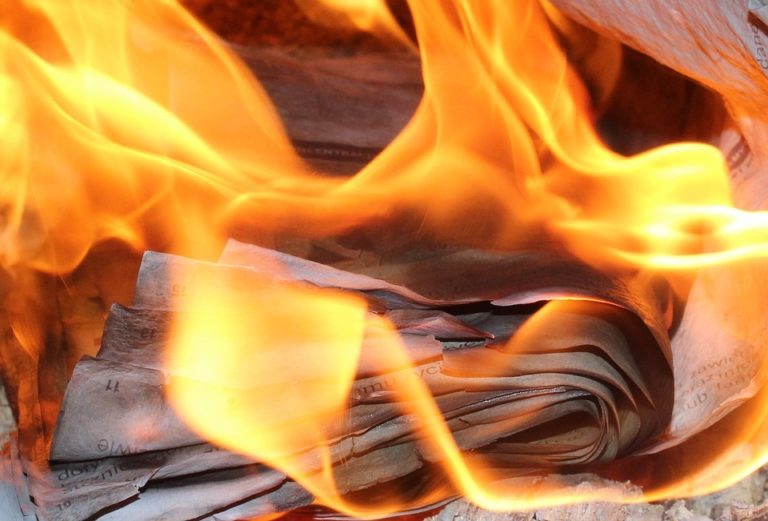What Should I Do If My Military Service Records Were Destroyed?

CCK Law: Our Vital Role in Veterans Law
Veterans can face an uphill battle when they are seeking service connection for a disability through the VA. Some veterans apply for benefits only to be informed that their service records cannot be found, and that their claim must be denied as a result. Veterans can use other tools for their claim when their records are missing or destroyed.
Why Were My Records Destroyed?
There is not always a clear reason why a veteran’s service records were destroyed or are discovered to be missing. Sometimes their service records were lost, or they may have been accidentally destroyed.
National Personnel Records Center Fire
On July 12, 1973, a fire broke out at the National Personnel Records Center (NPRC) in St. Louis, Missouri. The fire destroyed service records for veterans of the Air Force and Army. According to VA, 80% of the records for veterans discharged from the Amy between November 1, 1912 and January 1, 1960 were destroyed in the fire. Additionally, the VA states that 75% of the records for veterans discharged from the Air Force between September 25, 1947 and January 1, 1964 were destroyed with last names beginning with Hubbard, all the way to Z. Overall, the NPRC estimates that 16-18 million official military personnel files were destroyed.
What If the NPRC Cannot Find My Records?
Veterans must be very specific when requesting records from NPRC. Due to the large amount of records stored at the NPRC and volume of requests they receive each year, finding a given veteran’s records can be difficult. The NPRC can inform veterans that their records weren’t available if the veteran is not specific about which records they were requesting.
If the NPRC cannot find your records, they will attempt to reconstruct your military records by reaching out to other facilities that may have them. Unfortunately, there were no copies of the records destroyed in the St. Louis fire in 1973, so veterans who were impacted by the fire will not be able to get all of their service records. For veterans who are looking to reconstruct their service records, they will need to fill out the NA Form 13055, Request for Information Needed to Reconstruct Medical Data.
Additionally, the NPRC does not hold records of veterans recently separated from active duty who are in either active or inactive reserves. In this case, the VA should reach out to appropriate facility to obtain these records.
How Can I Replace My Service Records?
Unfortunately, many veterans will not be able to replace their service records if they have been lost or destroyed. However, there is other evidence that a veteran can submit as a substitute. Some examples of evidence to submit are:
- Lay Statements
- Buddy Statements (lay statements from fellow service members)
- Letters written during service
- Photographs taken during service
- Police reports
- Private medical records from treatment during service
Although these pieces of evidence cannot fully recreate your military experiences, they can help to corroborate an in-service event or injury when claiming VA disability compensation. Obtaining buddy statements from friends in service who witnessed the event or injury, or were aware that it occurred, can be very useful to establish entitlement to benefits. Additionally, photographs and letters can confirm a veteran’s whereabouts in service and verify service in a particular area of the world.
For veterans whose military records have been destroyed or cannot be found by the VA, it may seem like the end of the road for receiving benefits. However, veterans can still fight for their disability benefits using the tools above or requesting that their records be reconstructed.
About the Author
Share this Post
